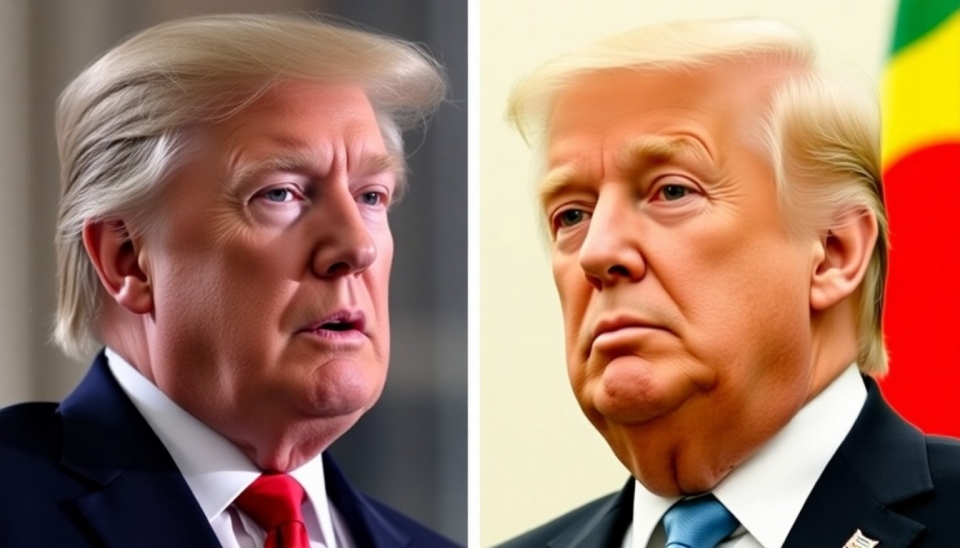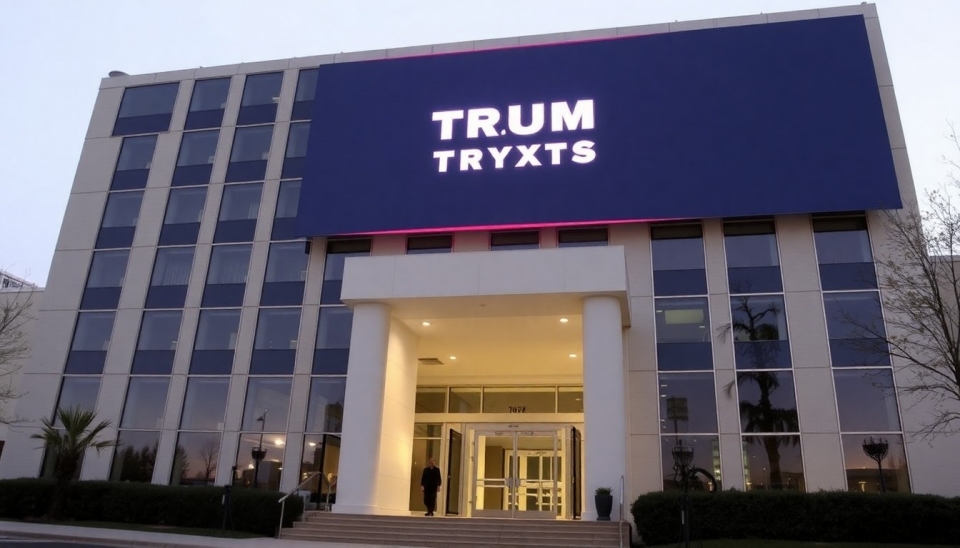
In a significant legal move, Trump Media & Technology Group has filed a lawsuit against a Brazilian Supreme Court justice, seeking the nullification of numerous gag orders that restrict the organization's ability to communicate in ongoing legal disputes. The lawsuit highlights tensions not only between U.S. and Brazilian legal frameworks but also underlines the contentious nature of political discourse in an increasingly digital age.
The legal action has emerged amidst broader concerns regarding free speech and the regulation of online platforms, as Trump Media argues that the imposed gag orders inhibit their right to protect their interests, threatening the integrity of their operations in Brazil. The company asserts that these restrictions represent an overreach of judicial power and unjust limitations on their constitutional rights.
The case has gained traction amid the backdrop of heightened scrutiny around social media companies and their roles in political campaigns, particularly in countries with polarized political environments. Trump Media contends that the ongoing legal challenges hinder their business model and stifle their innovation, which they claim is essential for a competitive marketplace.
In their complaint, Trump Media has called for the Brazilian justice system to reassess the validity of the gag orders, demanding a review under the principles of freedom of speech protected by both Brazilian and international law. The company argues that the case underscores a critical intersection between technology, law, and political expression, with larger implications for global democracy.
This legal maneuver has drawn reactions from several quarters, including political commentators and free speech advocates, who are closely monitoring how the case unfolds and what it may mean for similar actions in other jurisdictions. As the implications of this case ripple through the legal and political landscapes, observers will be keen to see how the Brazilian judiciary balances local laws with an evolving global stance on freedom of expression and corporate governance.
The outcome of this lawsuit could set a vital precedent regarding the regulatory environment for technology companies operating internationally and potentially influence similar cases where language and restrictions on communications are contested. Trump Media’s aggressive legal strategy signals a broader pushback against what they perceive as judicial encroachment on business operations, reflecting their commitment to maintain pivotal standards for online expression.
As the case progresses, updates will likely draw continued interest from both the media and legal experts looking to gauge the implications for other entities facing analogous challenges. The eyes of the world are on Brazil’s judiciary as it navigates these complex issues at the crossroads of technology, law, and democracy.
In conclusion, Trump Media’s legal suit against a Brazilian Supreme Court justice over gag orders represents a notable intersection of free speech, corporate rights, and the evolving landscape of political discourse in an era heavily influenced by digital communication. It remains to be seen how this case will impact broader issues surrounding the intersection of law and technology in the global market.
#TrumpMedia #BrazilSupremeCourt #FreeSpeech #GagOrderLawsuit #DigitalRights #PoliticalDiscourse #JudicialPower
Author: Liam Carter


